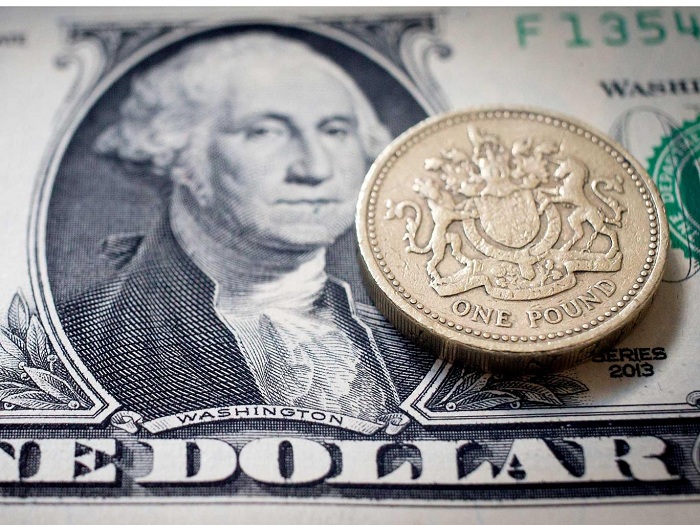Better-than-predicted growth figures announced on Wednesday morning increased the likelihood that the Bank of England will raise interest rates when it meets on 2 November.
The Bank’s Monetary Policy Committee is widely expected by financial market traders to raise interest rates in order to curb what several MPC members have identified as growing inflationary pressures.
Ben Brettell, senior economist at Hargreaves Lansdown said the figures meant a rise in the benchmark rate to 0.5 per cent was a “near-certainty”.
A rate hike would be the first by the central bank since before the financial crisis began a decade ago, although the Bank has been careful to stress that it does not expect rates to rapidly return to their pre-crisis levels.
The Bank cut rates to their current record low of 0.25 per cent in the wake of the 2016 Brexit vote in order to support the economy.
Official data showed the UK's GDP grew 0.4 per cent in the third quarter, against expectations of 0.3 per cent, and up on the second quarter's 0.3 per cent.
Despite Wednesday’s gains, the pound is still trading well down on its value against both the dollar and the euro before last year’s Brexit vote.
On the eve of the referendum one pound was worth $1.50 or €1.31. The significatntly weakened currency has helped push up the cost of imports and had a knock-on effect on shop prices.
More about: #Pound
















































